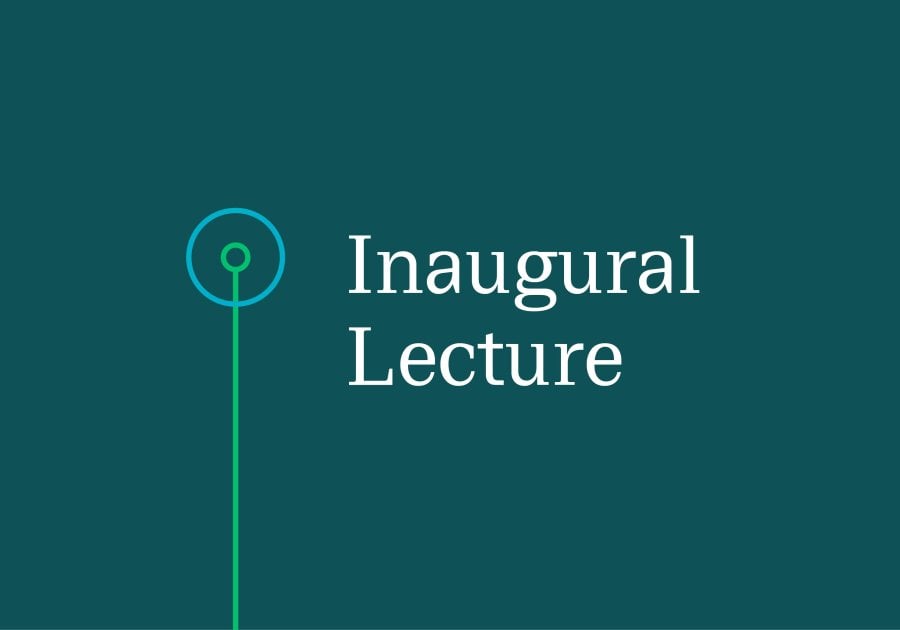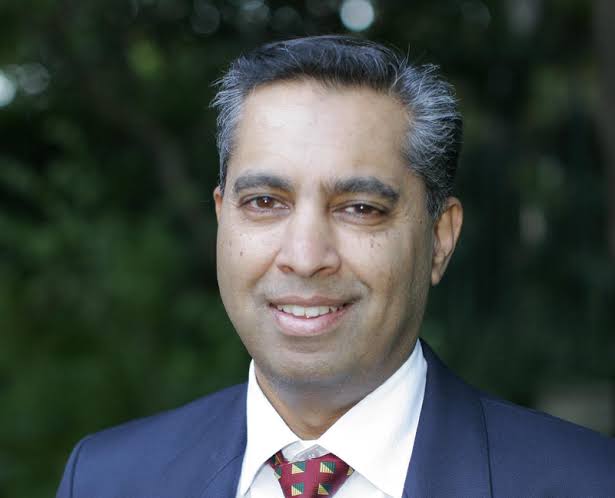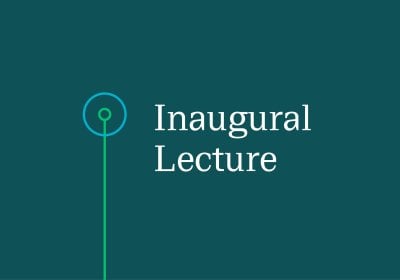Feels good to get that off my chest: defeating TB, the world's deadliest infectious disease, through improved detection and prevention

In his inaugural lecture, Professor Keertan Dheda will describe his trek across continents of Africa and Europe from his clinical training to his PhD at UCL, and TB research spanning several countries.
TB is arguably the biggest killer of mankind, with over a billion people succumbing to this disease over many centuries, and in 2023 more people died of TB than COVID-19. Detection of this ancient disease remains a challenge. Keertan will outline how his work has catalysed the gradual reconfiguration of global public health diagnostic policy, from one of passive TB case-finding (self-reporting by patients) to one of active case-finding (taking diagnostics to people for community-based unearthing of cases), and he has pioneered novel models to effect this. This has contributed to defining new standards for tuberculosis diagnostics and their application to clinical practice. Other work on TB transmission using novel aerosol-sampling technology showed that highly drug-resistant TB strains were not less infectious due to genetic ‘flaws’, as previously believed, but there was widespread transmission of such strains. Further work showed, for the first time, that drug-resistance amplification was spawned by suboptimal penetration of drugs into TB cavities. Collectively, this work has impacted global health as it has informed clinical practice, WHO policy, and management decisions by national health programmes.
An ounce of prevention is worth ten pounds of cure. Why some people get TB and others don’t is poorly understood, and we don’t know what happens in the lungs when humans first encounter TB. This has been a huge hurdle to vaccine development. Interestingly, experiments in monkeys suggest that the current vaccine, BCG (which has poor efficacy) could work very effectively if given via the human respiratory tract (just like some influenza vaccines). To start addressing these unknowns, Keertan, leveraging his background in respiratory medicine, developed the ‘first in man’ lung challenge model for tuberculosis by introducing live mycobacteria into human lungs. He looks into the future by addressing how this model could be used to better understand TB biology and how it will accelerate new TB vaccine approaches.
Speaker
Professor Keertan Dheda
Event notices
- The lecture will be followed by an in-person drinks reception from 18.15 - 19.15 in G90
- Please note that you can join this event in person or you can join the session remotely
- Please note that the recording link will be listed on this page when available
Admission
Contact


